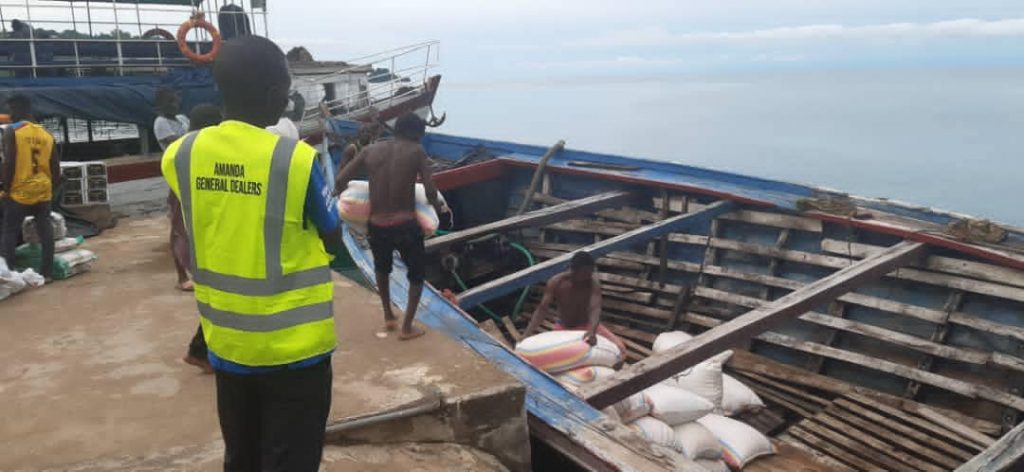10 districts reached with relief aid
The Department of Disaster Management Affairs (Dodma) has distributed maize to beneficiaries in 10 districts under the Malawi Vulnerability Committee (Mvac) Humanitarian Response Programme.
A situation update from Dodma shows that as of Monday this week, the department has reached out to districts of Chitipa, Karonga, Rumphi, Nkhata Bay, Salima, Ntchisi, Mchinji, Mwanza, Thyolo and Mzuzu City.

But despite progress being made and the programme going towards its conclusion, the update has highlighted numerous challenges encountered which are frustrating the distribution exercise.
This is regardless of unified efforts between Dodma and its partners.
Reads part of the update: “In some cases councils have to struggle to get the relief maize to intended beneficiaries. In some districts trucks get stuck on their way to final distribution points.
“In other situations some areas are not reachable by road and councils have no option but to use boats in ferrying maize which takes a lot of time.”
The update cites a scenario where wooden boats carrying 20 tonnes of maize have had to endure eight hours of sailing through Lake Malawi from Nkhata Bay to Tradition Authority (T/A) Mkondowe to provide the relief maize.
Such situations have also been putting lives of those in charge of providing the relief maize at risk.
But despite such challenges, the update gives an assurance that Dodma in collaboration with councils are committed to reaching out to all the intended beneficiaries even in the most hard to reach areas.
Dodma commissioners Charles Kalemba has since commended the partnership between councils, Dodma and other partners for their efforts in reaching out to beneficiaries despite facing challenges in the distribution of relief maize.
A latest Mvac report shows that between January and March 2022, 1.6 million people in nine percent of the total population, will face acute food shortage and need immediate assistance.Malawi, which is about
According to a Famine Early Warning Systems Network (Fewsnet) for the period between February to May 2022, the March and April 2022 harvest will lead to seasonal food security improvements across the country.
“And the most severe impacts of poor season will occur after the current projection period during the 2022/23 lean season, but food assistance needs will begin to increase in late 2022,” reads part of the update from Fewsnet.
Mvac comprises government ministries, departments and agencies as well as international non-governmental organisations and United Nations (UN) agencies and assesses levels of access to food by the population to determine the severity of food and nutrition insecurity.
In June last year, a joint analysis of the proposed 2021/22 National Budget by Economics Association of Malawi, Oxfam and Lilongwe University of Agriculture and Natural Resources questioned the rationale behind continued allocation of huge resources to input subsidies to achieve food security and then buy relief maize for the same beneficiaries during the lean period.






One Comment